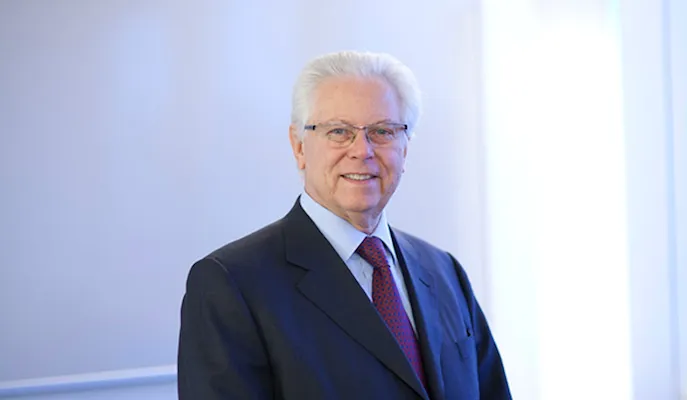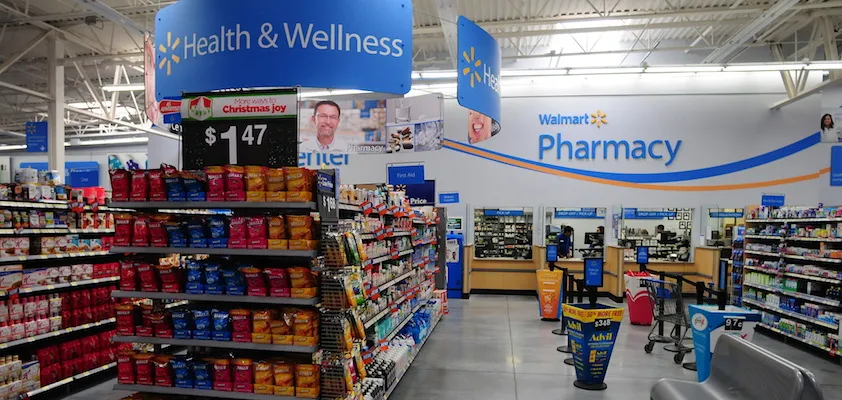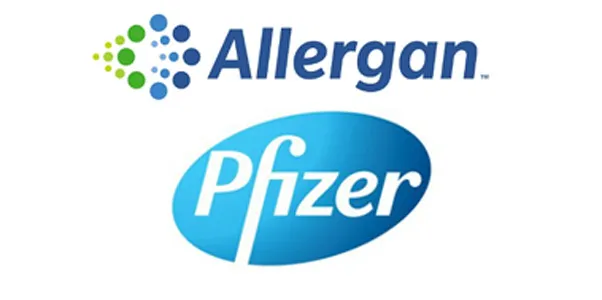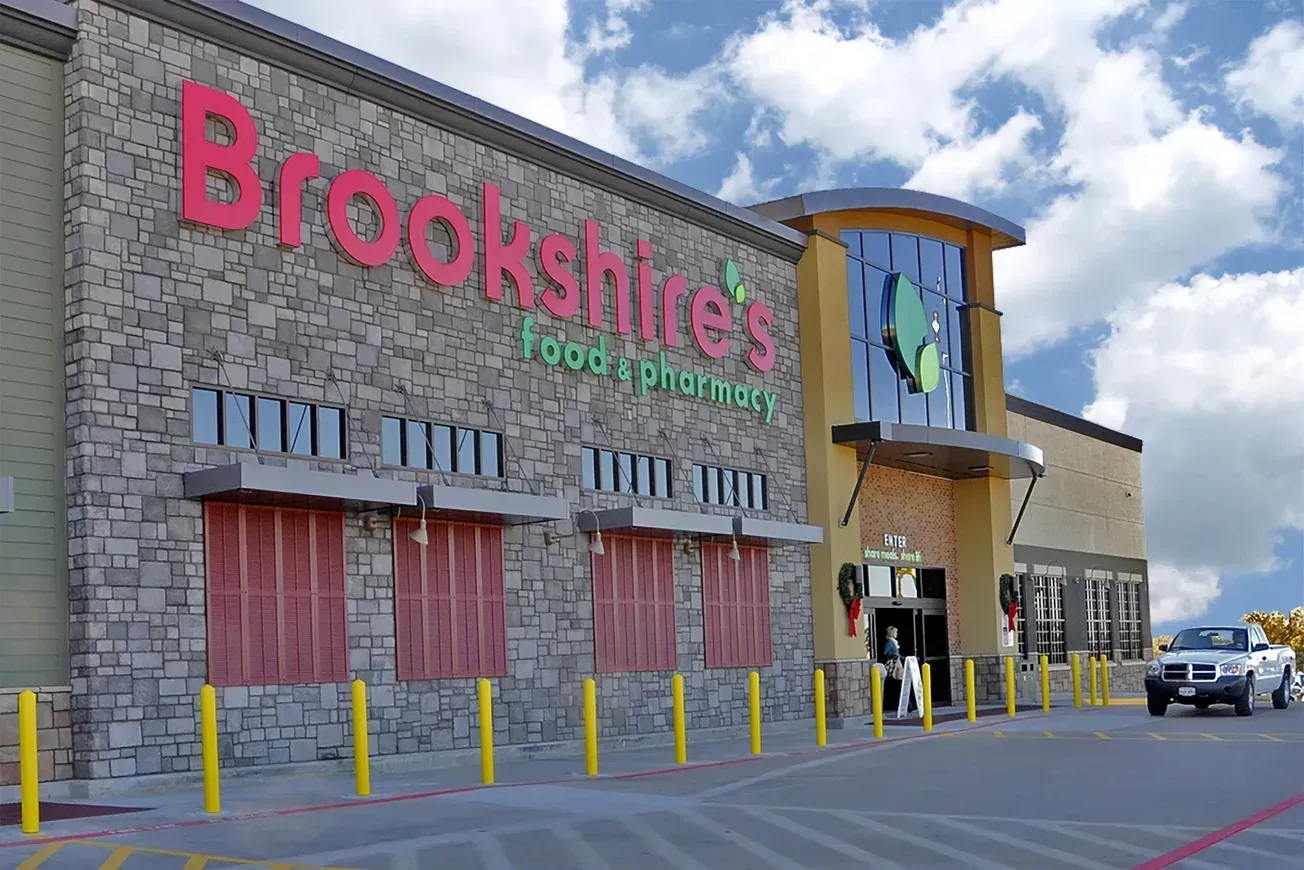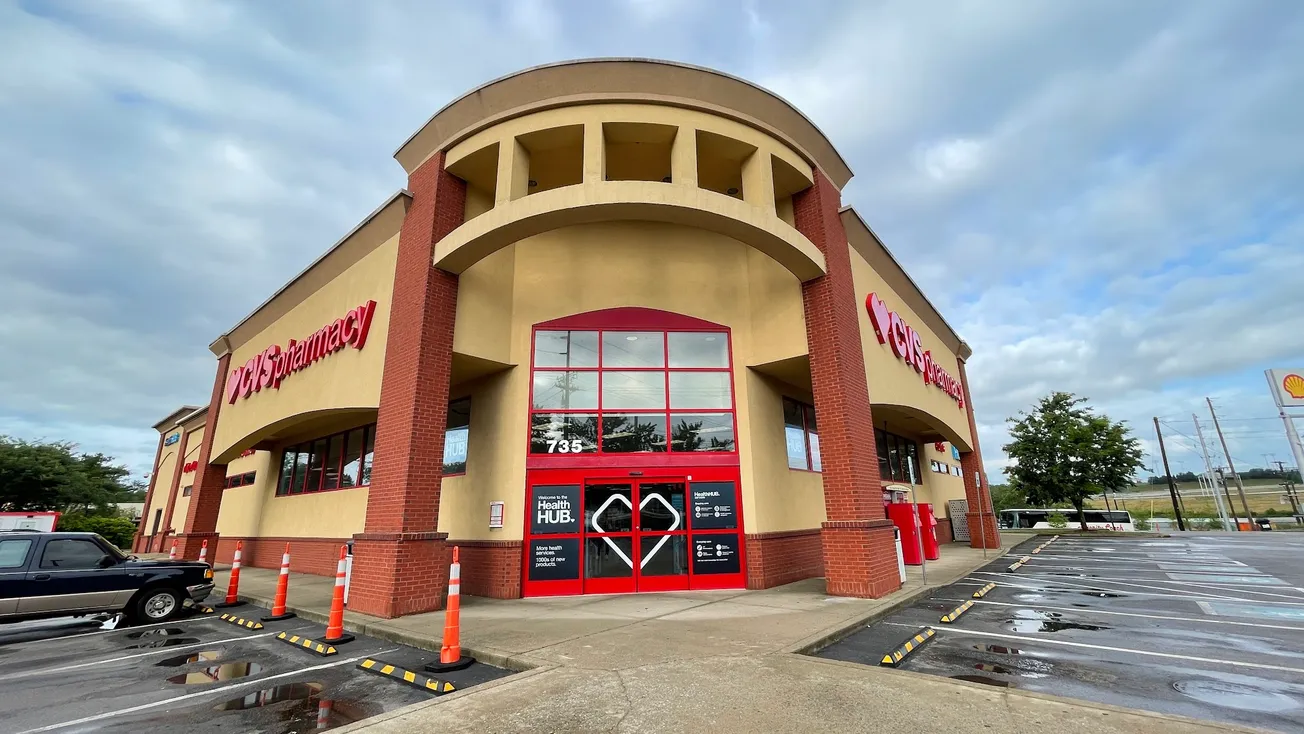Stefano Pessina
Stefano Pessina is once again changing the face of community pharmacy.
Three years after Alliance Boots, the global retail and distribution powerhouse he created, entered into a partnership with Walgreens, and less than a year after the two companies finalized their merger, Pessina has struck another deal that will reverberate throughout the U.S. health care system and beyond.
By agreeing to pay $17.2 billion, including the assumption of $7.8 billion in debt, for Rite Aid, Pessina, now vice chairman and chief executive officer of Walgreens Boots Alliance, aims to strengthen WBA’s hand in a marketplace where scale is a prerequisite for any company that intends to be a dominant player.
Along with Rite Aid’s 4,600 drug stores, the acquisition, which is likely to receive intense scrutiny from the Federal Trade Commission, will give WBA a presence in pharmacy benefits management with EnvisionRx, as well as bringing it RediClinic, an in-store health clinic operator, and Health Dialog, an innovative health coaching and analytics firm.
Assuming regulators allow WBA to retain most of the Rite Aid retail outlets, the company’s store count will exceed 12,000. CVS Health, WBA’s arch rival, is the only other company in that league. When its pending purchase of Target’s 1,660 pharmacies is completed, CVS’ pharmacy count will approach 10,000. (Walmart, the No. 3 pharmacy operator, has about 5,200 prescription counters.) The size of their store base and the number of scripts they fill provide a distinct edge in negotiations about such matters as participation in restricted networks and remuneration levels.
Pessina talked about the rationale behind the Rite Aid acquisition in a conference call after the deal was announced late last month. “The transaction will significantly accelerate our plan to expand our presence in the U.S.,” he said. “The addition of Rite Aid will accelerate our strategy by completing our network, providing a larger and more comprehensive portfolio, with which we can deploy our knowledge and skill, and creating a more comprehensive and stronger platform for the development of our brand presence and the future growth of our business.”
He stressed the importance of scale in health care, where there is relentless downward pressure on profit margins. “We have done this because we believe that we can extract a lot of synergies, rationalizing the combined company from internal sources and the harmonization of our know-how.”
While Pessina praised Rite Aid’s current management, indicating that it has done a good job under difficult circumstances, he clearly thinks that WBA’s methodical approach to improving operational efficiency and raising profit margins will be a game-changer. The strategy’s positive impact can be seen in WBA’s latest financial results.
Pessina’s comments were short on specifics about the company’s plans for Rite Aid, but they did shed additional light on his view of the rapid-fire changes occurring in health care. “Global health care markets, and perhaps the U.S. market more than any, are ready for change, and open to new ideas and approaches that throughout provide scale,” he said. “As the leading global health care company, we have the potential to play a defining role in this evolution.”
The strategic thinking behind WBA’s development — and Pessina’s essential role in driving it — were brought into sharp focus.
“As CEO, I very much recognize my role is both to support my team in achieving their goals, but also in creating the opportunities and direction for them to outperform and identify sources of growth and value enhancement, while helping mark the route for sustained growth to secure the future for the company well beyond my tenure,” said the 74-year-old Pessina, who over the course of 38 years transformed a family-owned drug wholesale business in his native Italy into WBA. “The health care market is extraordinarily dynamic with many moving parts, and these dynamics create new opportunities and new ideas all the time.”
The acquisition of Rite Aid demonstrates that Pessina is still attuned to those opportunities and determined to capitalize on them. As long as he is in charge, WBA will remain a catalyst for change in both health care and retailing.

